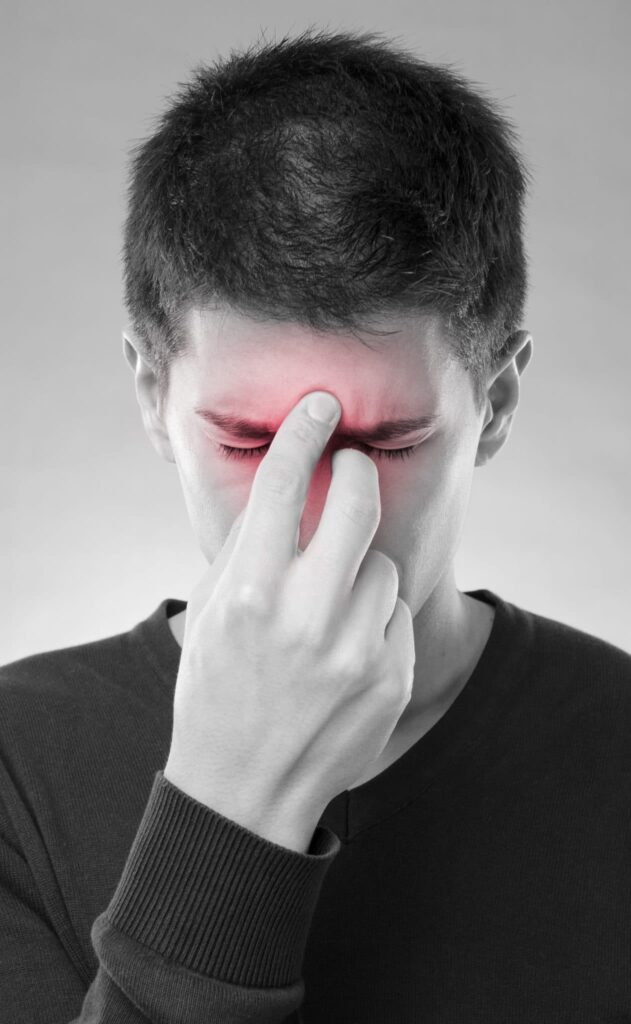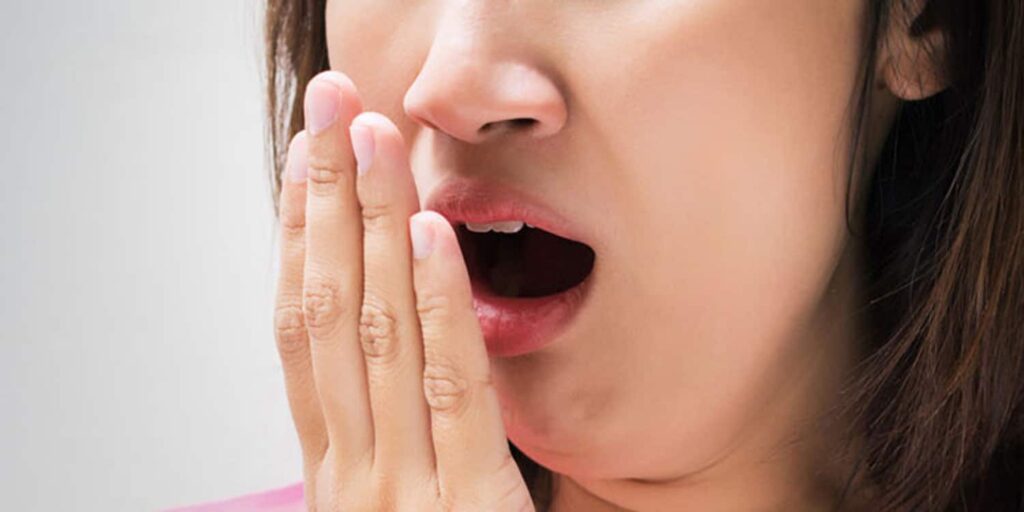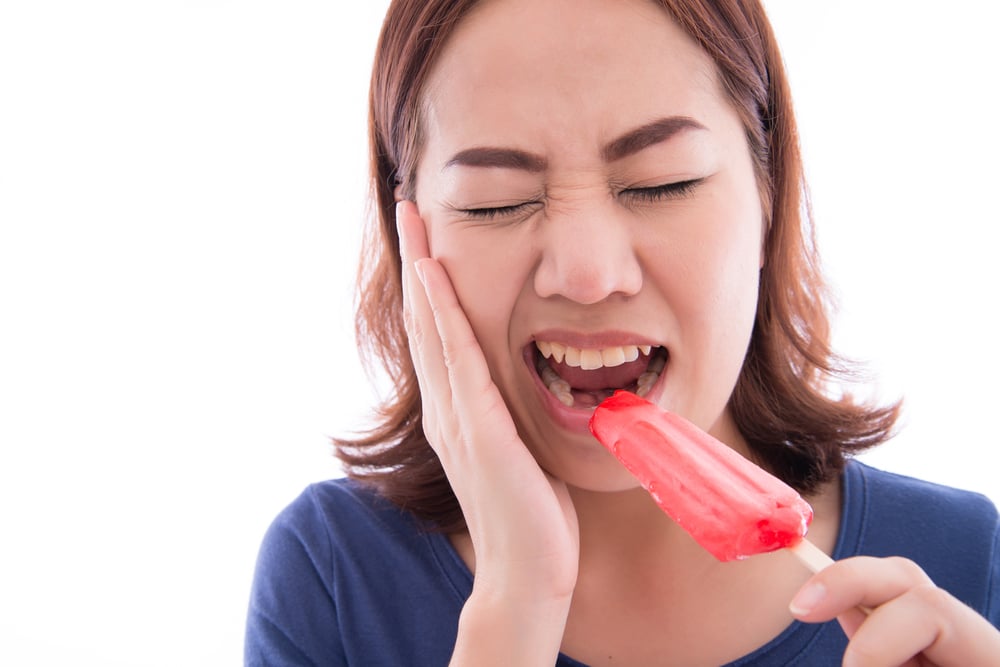Proper nutrition and your dental health
Proper nutrition and dental health go hand-in-hand. Eating a balanced diet and properly brushing your teeth regularly can help prevent issues such as cavities and gum disease from developing while also giving you the energy you need to live a healthy, active lifestyle. At Broadway Family Dentistry, we work routinely with patients to help them […]
Proper nutrition and your dental health Read More »












